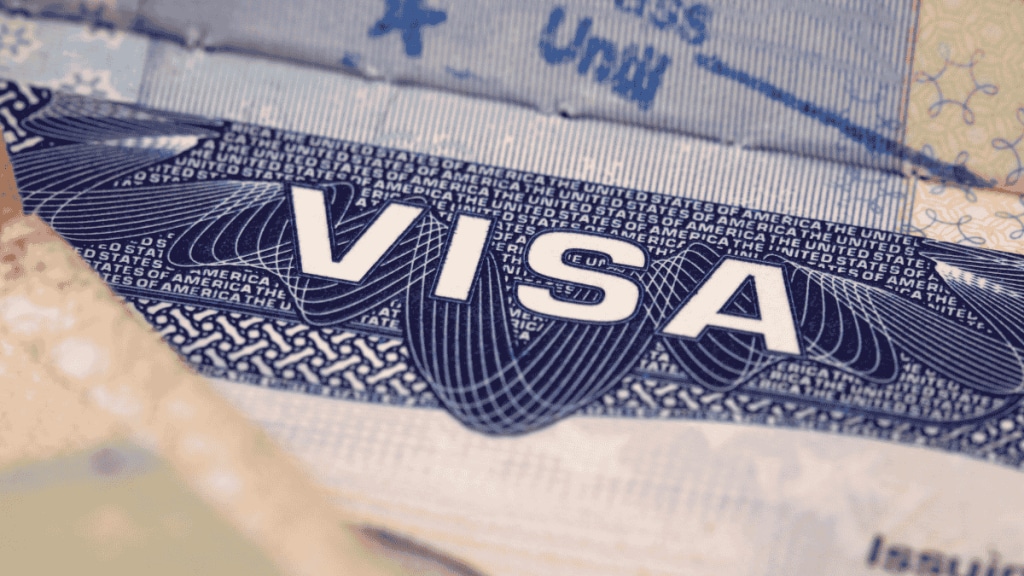H-1B visa: Almost every other social media post right now is about H-1B visas, the $100,000 fee attached to it, the wage levels and what it all means after US President Donald Trump’s latest proclamation. Snapdeal co-founder Kunal Bahl joined the conversation. But instead of weighing in on the policy itself, he reflected on his own H-1B rejection during his time at Microsoft.
‘My H-1B visa was rejected’
“In 2007, sitting at my desk in Microsoft, I got an email that my H-1B visa was rejected,” Bahl wrote on X (formerly Twitter).
In the next few lines, he described the moment as both “crushing” and “numbing”, admitting that it felt devastating at the time. Yet, looking back, he said the rejection turned out to be life-changing as it led him to move back to India and pursue entrepreneurship.
He added, “It was crushing and numbing at that moment, but life-changing eventually when I moved back to India.”
The 41-year-old then urged all those who are anxious after Trump’s sweeping H-1B fee order to stay “positive”.
“There is something much bigger & better in store for you,” he concluded his post with these assuring words.
In 2007, sitting at my desk in Microsoft I got an email that my H1B visa was rejected. It was crushing and numbing at that moment, but life-changing eventually when I moved back to 🇮🇳. To those impacted today, be positive. There is something much bigger & better in store for you.
— Kunal Bahl (@1kunalbahl) September 20, 2025
H-1B visa rejection: How social media users reacted?
Bahl’s post, shared a few hours ago, has already received over 5.5 lakh views and is still counting. Many even flocked to the comments section of the post and shared their thoughts. While some invoked “humour”, others were surprised to learn that even he had once faced an H-1B visa rejection.
“H-1B denial speedrunning founder origin stories,” read a comment.
Another added, “First wave of startups such as Flipkart, Snapdeal, InMobi, etc, founded post 2008 financial crisis. Looks like the next wave (tsunami) is in the making.”
“I totally agree, whether we admit it or not, the startup boom in India really began because of the 2007 US recession,” joined a third, before adding, “So many talented people stayed (or came back), and built an entire ecosystem almost from scratch with very little help from the government.”
A fourth angry social media user posted, “Out of all the people they could reject, they did yours. Goes to tell you how pathetic their screening is. Lucky us.”

